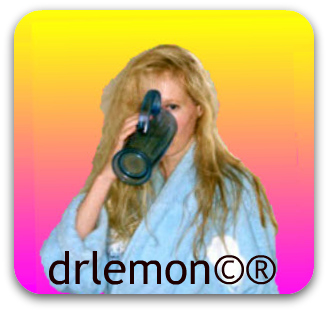Reflexive constructions are used when you are doing something to, at, or for yourself. We say in English "I asked myself..." or "I hurt myself..." Myself is a way of looking back (reflecting) upon what "I" am doing or experiencing.
In Spanish, we use a Reflexive Pronoun when the subject and the direct object are one and the same.
For example, we learned how to say:
| Juan mira a María. | Juan looks at María. |
| Juan la mira. | Juan looks at her. |
In the second sentence, we replaced María's name with a direct object pronoun la.
But what if Juan looks in a mirror? In English we say, "Juan looks at himself." How do we say it in Spanish?
- Is it "Juan lo mira"? No, because that means "Juan looks at him or at it."
The Reflexive Pronouns are:
| Yo | Me | Nosotros | Nos | |
| Tú | Te | Vosotros | Os | |
| Él, ella | Se | Ellos, ellas | se | |
| Usted | Se | Ustedes | se |
| Juan se mira | Juan looks at himself |
Like the direct and indirect object pronouns, Reflexive pronouns come directly before the conjugated verb or attach to an infinitive, present participle or affirmative command.
For example Vestirse (to get dressed)
| Juan se viste | Juan gets dressed |
| Juan está vistiéndose
[-or-] Juan se está vistiendo |
Juan is getting dressed |
| Juan va a vestirse | Juan is going to get dressed |
| Juan Muñoz, por favor, ¡vístase! | Juan Muñoz, please, get dressed! |
Verbs mean different thing when they are used reflexively and non-reflexively. For example, we learned how to say "I'm called..." using the expression Me llamo...
This is the Reflexive form of Llamar "to Call": Llamarse
| Me llamo Débora (reflexive) | My name is Deborah (literally, "I call myself Deborah") |
| Yo llamo a mis amigas (not reflexive) | I call my friends (on the phone) |
| Se llama Juan (reflexive) | He calls himself Juan |
| Juan llama a la policía (not reflexive) | Juan calls the police |
| Me baño (reflexive) | I take a bath |
| Baño el perro (not reflexive) | I bathe the dog |
